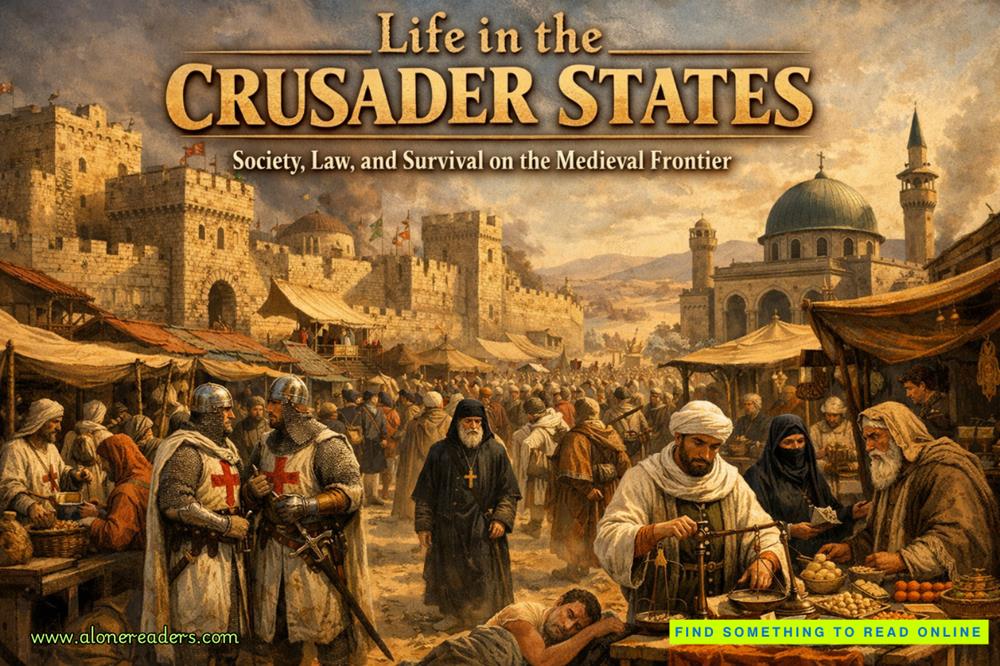I assume she leaves after that, but I don’t hear the door close. I don’t hear anything except my heart hammering out of my goddamn mind. I’ll no longer be in the Navy when I walk out of this office. Everything I’ve ever known will be gone. A life I loved—nonexistent. There will be nothing left except memories—what I’ll consider the good ol’ days. My mood plummets when Margaret waltzes back in the office as if she didn’t have to leave an awkward conversation to begin with. She leafs through the signature pages and initials as she goes. She taps a message on her tablet:
“That’s it. The rest of the correspondence will be through email to the civilian email address you provided. I will send you a copy of your medical records after I make our copies. Is there anything else you need today?” She’s all professional and completely business right now. It’s better this way, I think.
“I need to pick up a few things from my cage,” I say. Friends cleaned out the majority of the gear, but a bag or two of personal items remain.
Through another message, Margaret tells me that’s fine and that I should stop back here to give her my credential badges before I leave for the day. For good. I lay a hand on my uneasy stomach and agree.
Long meets me as I walk in the cage room. He smiles awkwardly and offers a high-five. Instead of making it weirder than it already must feel for him, I talk. And I talk some more. He nods along. I think about what he might find interesting and say it. Mentioning how I’m looking into a contracting position for the government. I know foreign languages as well as the tactical side of operations. I’m not worthless outside of these walls is the point I’m trying to convey. The positive aspects of the agencies seeking me out gets lost the second I remember what I’ve lost. I’ll no longer be holding a gun, relying on my sharp senses. More than likely I’ll be behind a computer translating communications.
When I realized there was an option like this for someone like me, I felt relief. My parents did, too. For a while I think my mom thought I’d have to move home and she’d be responsible for me for the rest of her life. Not that I’d let that happen, but parents have a way of inserting themselves into situations they have no business in—when you’re a child and also when you’re an adult.
“Text me, man,” I say, clapping him on the shoulder. “Don’t be a stranger.”
Long gives me the one-armed man-hug and smiles, lips pressed into a forced line. He’s here, right in front of me, and yet I might as well be completely alone. Long doesn’t even try to have a conversation with me, because he can’t. My new life will involve a lot of talking on my behalf and a lot of pretending for everyone else.
I grab the backpack and the big duffle and pause in the middle of my old cage. For the first time, I like that it’s silent. I can reflect on my career. Recalling the good, the bad, and the scary gives me a sense of peace. A way to call this phase of my life complete. Life doesn’t let you decide when it’s time for the next chapter. It shoves it down your throat, asks you not to choke, and doesn’t apologize. Swallowing down a lump, I close the cage, grab my open padlock, toss it up in the air and catch it. I do it once more, then close it with my forefinger.
I can’t hear the click, but I remember what it sounds like.











